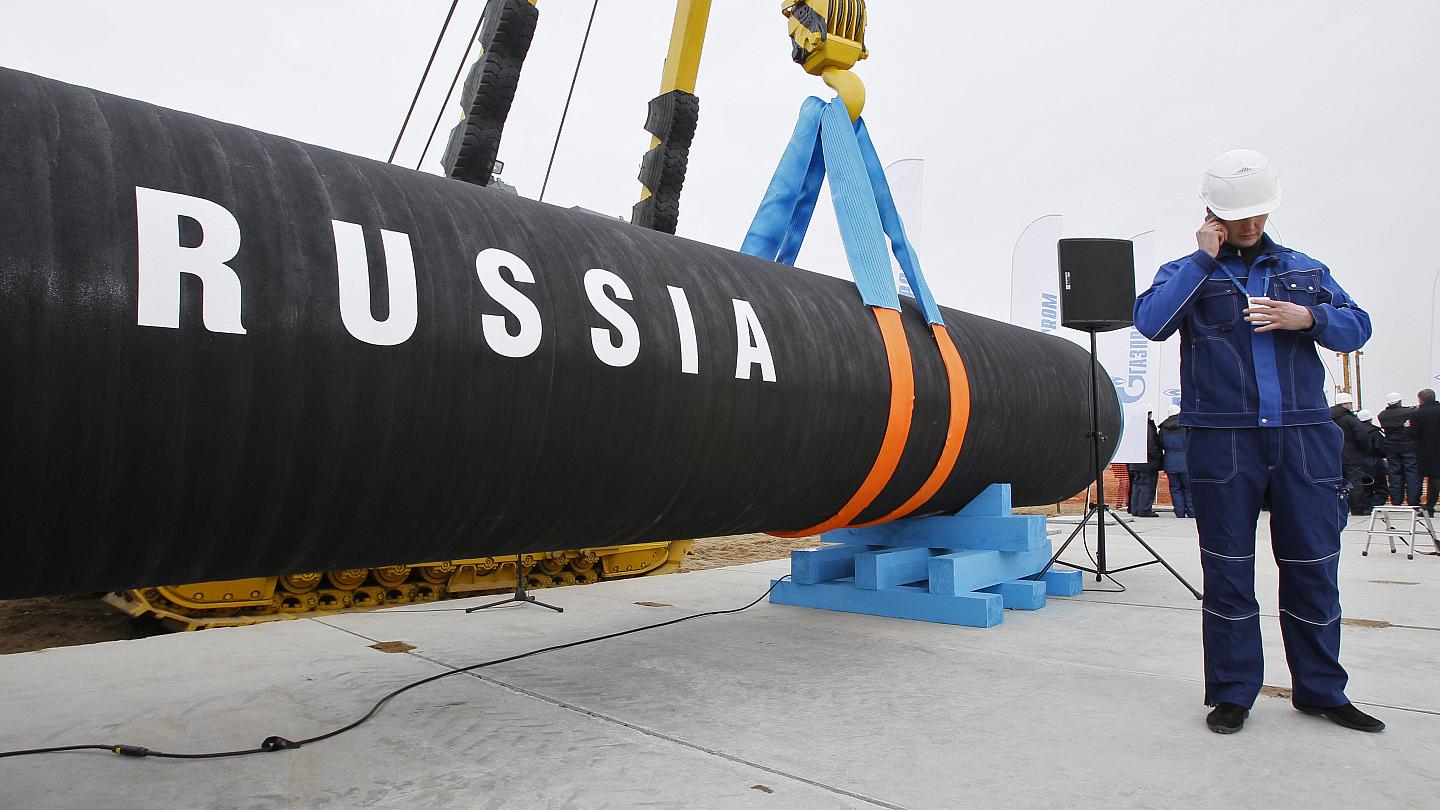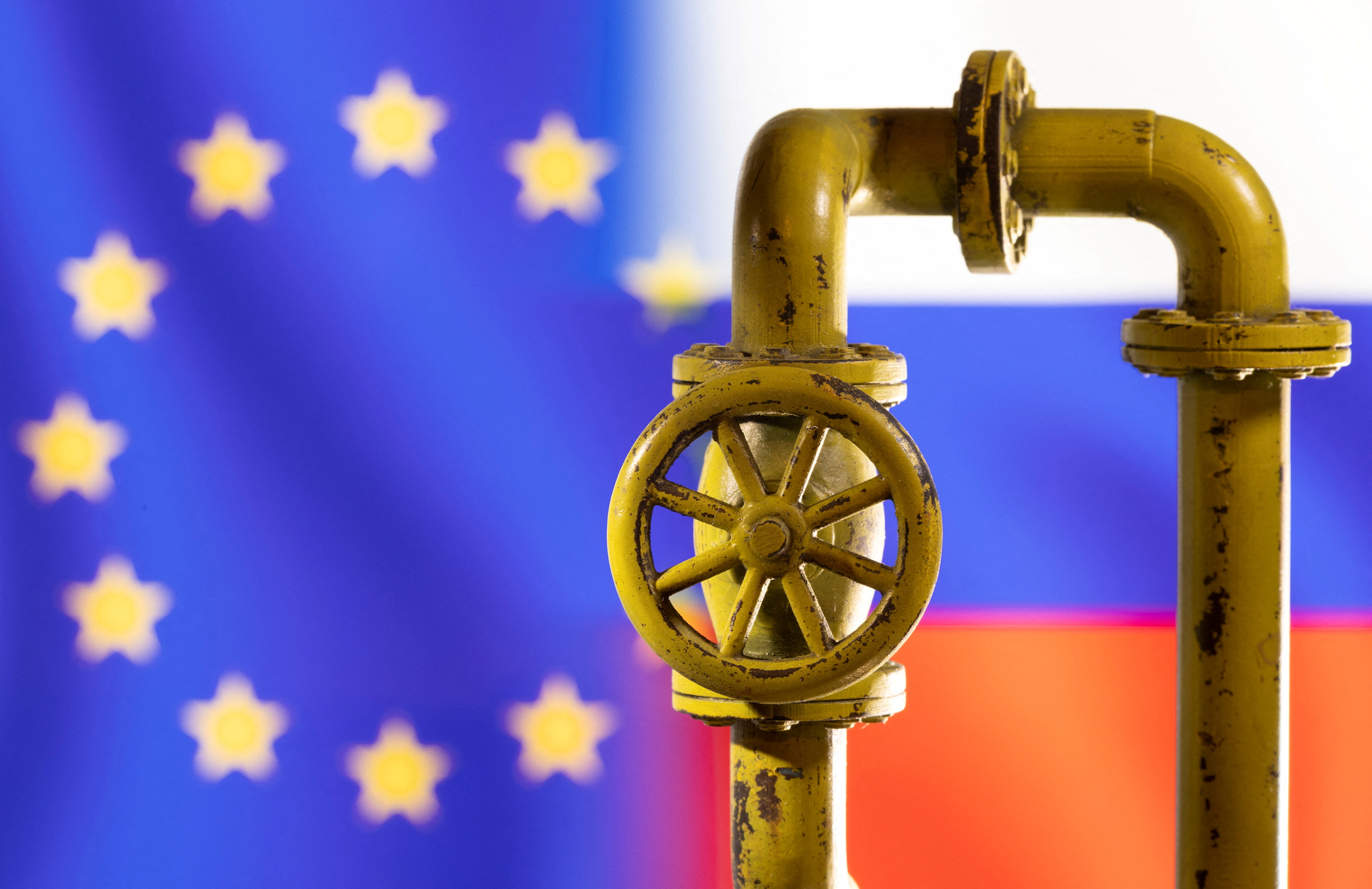Following Moscow’s invasion of Ukraine, the European Union (EU) has agreed to restrict the bulk of Russian crude and oil product imports in its latest round of sanctions.

The prohibition on seaborne crude imports will be phased in over the course of six months, while the restriction on seaborne refined products will be phased in over the course of eight months. It does not include supply made through the Druzhba oil pipeline, which serves refineries in Eastern Europe and Eastern Germany. However, several European purchasers have voluntarily ceased purchases of Russian oil or declared intentions to phase it out, resulting in a 90 percent reduction in Russian oil shipments.
The following is a rundown of the most important information concerning the EU’s consumption of Russian oil.
Before Russia’s invasion of Ukraine, roughly half of Russia’s oil and petroleum product exports went to Europe, according to the International Energy Agency (IEA).
According to IEA statistics, the EU imported 2.2 million barrels per day (bpd) of crude in 2021, with 0.7 million bpd through pipeline and 1.2 million bpd of processed oil products.
According to the latest IEA statistics, Germany was the largest EU consumer of Russian oil in November 2021, acquiring 687,000 barrels per day of crude oil and 149,000 barrels per day of processed products.
Germany was also the EU’s top importer of Russian pipeline crude, with 555,000 barrels per day (bpd) in 2021, while Poland imported 300,000 bpd.
Both are located on the Druzhba pipeline’s northern section, which is the principal transit route for Russian oil exports to EU.
The Netherlands, Europe’s main commercial hub, was the EU’s top importer of Russian refined goods and the second largest importer of Russian crude. In November 2021, the Dutch imported 414,000 barrels per day of crude and 335,000 barrels per day of refined goods.
Countries along the Druzhba pipeline’s southern route via Ukraine are particularly reliant on Russian petroleum shipments. In November 2021, Russian oil accounted for 92 percent of Slovakia’s crude imports.
Russian oil accounted for 87 percent of Lithuania’s imports and 84 percent of Finland’s imports by sea in November 2021, according to IEA statistics. Both of those countries have stated that they will no longer purchase Russian goods.

